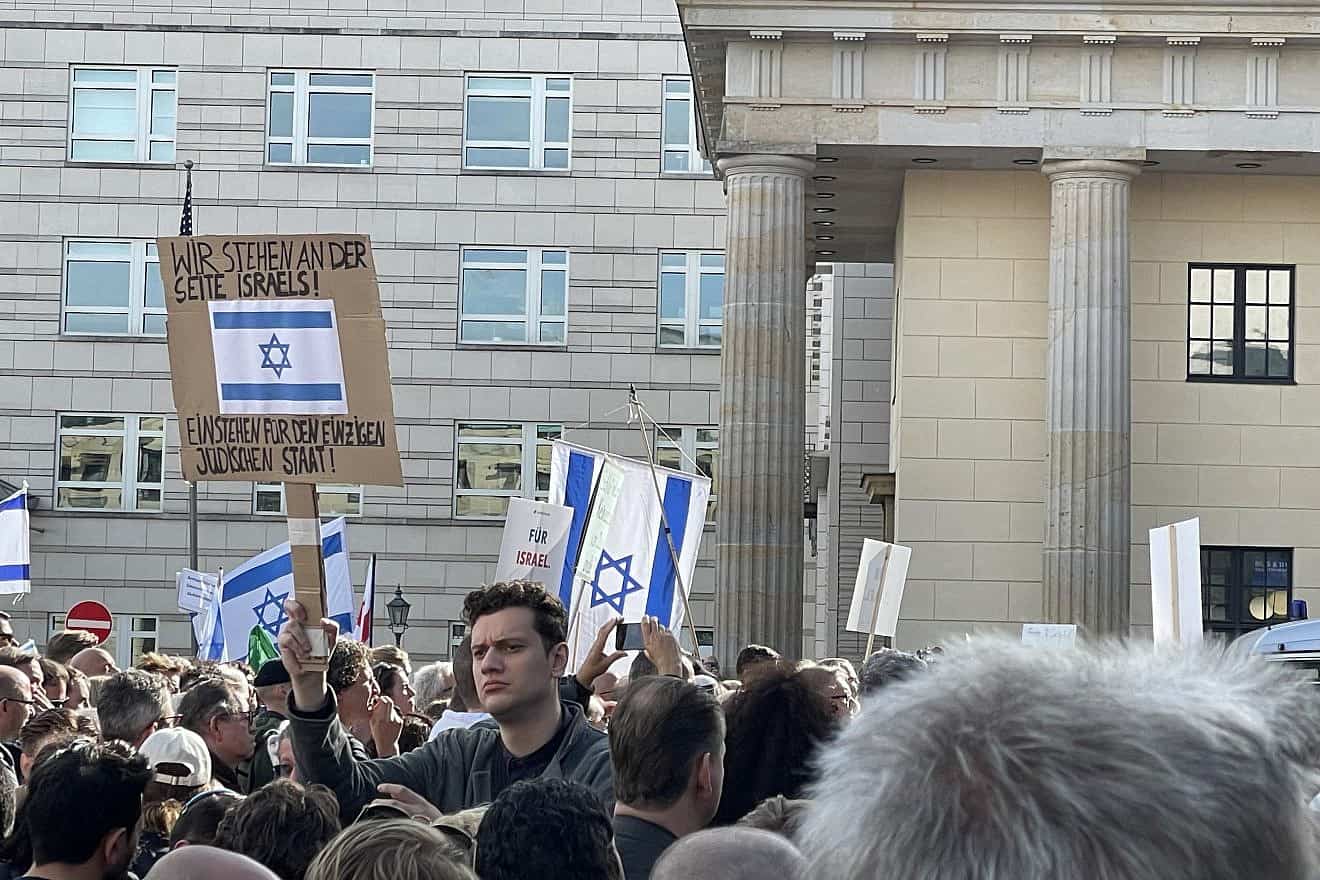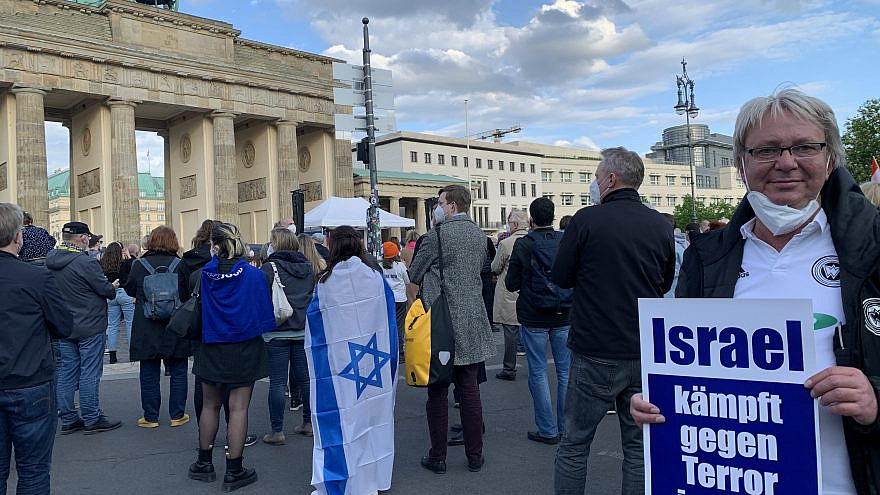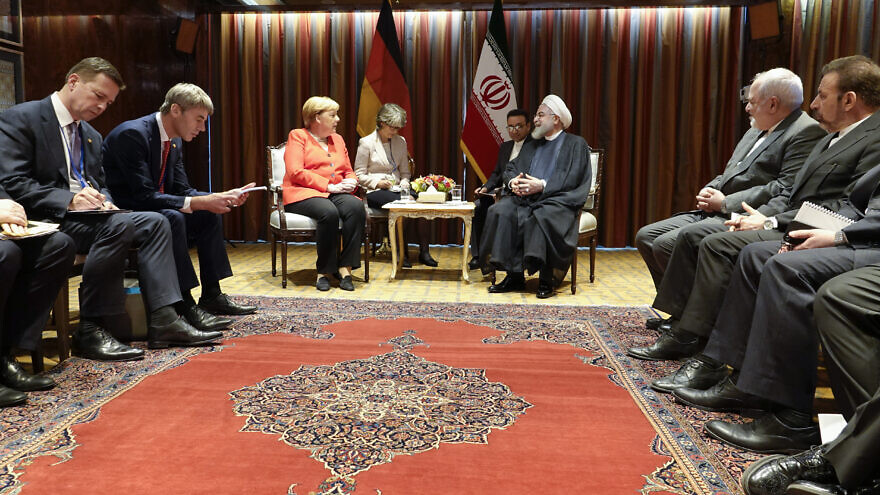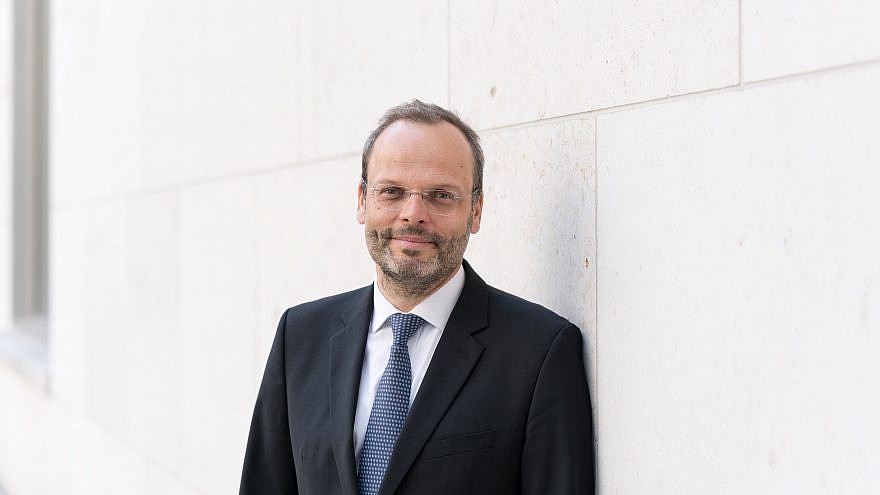German taxpayer funding for Palestinians focal point of pro-Israel rally in Berlin
“It is imperative that all funding from the German Foreign Office and the Ministry of Development be put to the test,” said German politician Christoph Meyer. “An immediate halt to German funding of E.U. and U.N. programs for Palestine must also not be taboo.”
German taxpayer funding for Palestinians focal point of pro-Israel rally in Berlin Read More »




